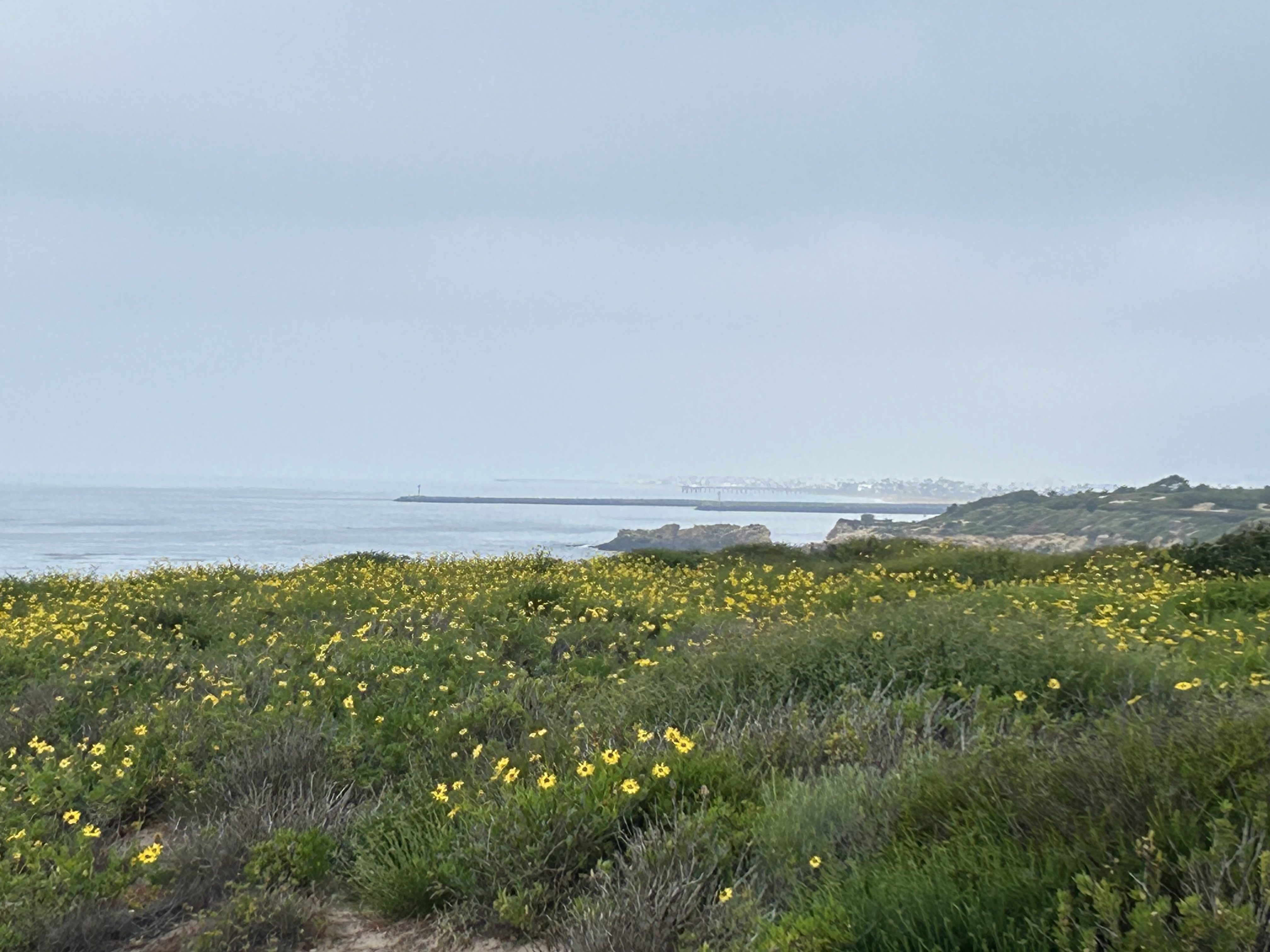



I used to run in cycles of depletion like it was the most normal thing ever. I thought that’s what life was. The weeks depleted you, and you use the weekends to recover. Trips to visit family were depleting and you “self-cared” your way afterwards. Chores around the house were all-consuming but you powered through and collapsed afterwards.
Depletion was modeled to me from an early age, and I was a keen observer. I studied “how to deplete yourself” and excelled at it. As a result, I did a lot of powering through in my life. Tolerating the intolerable and pushing through anyway. Ignoring the messages my body was sending. Ignoring the whispers of my soul that said, “This is too much.” I white-knuckled my way through life, through jobs, and it almost cost me everything.

I paid the price in my relationships. I lost my health. My body bore the brunt of my abuse and mistreatment. My self-esteem was wounded, believing that I was only worth something if I was sacrificing myself for a greater cause.
Which leads me to sharing something new about myself. Have I ever told you that I worked as a prison psychologist?
It was a job I endured for 3 years until I dared to say ENOUGH. I never imagined that I would work as a prison psychologist. Student loan repayment lured me into a setting that I was not suited for. My student loans were as high as a mortgage payment and I was a new grad, broke and desperate. So I ignored who I was, disregarded my needs and sensitivities, and sold myself for a stable income.
It was the most inhospitable job for a highly sensitive person. Everything about it was harmful for my system. I would wake up at 4am and drive 45 minutes in the dark to work. The summers were brutal with temperatures as high as 120 degrees, and the winter mornings were below freezing in the barren expanse of desert. When I arrived, I walked a half mile from the parking lot to the health center, passing through 2 security gates. While officers and other prison employees were able to drive to their units, medical staff were expected to walk the distance in the elements.
Once I was inside the prison, I was cut off from the world during my 10 hour shift, my cell phone locked in my car. There was no checking messages or voicemails during a lunch break. Then there were the sights and sounds of the prison. Screaming inmates, locked in their cells for misbehavior. The popping of the doors as they locked and unlocked. The smell of body odor for offenders on suicide watch who were not allowed a shower or clothing. There were plenty of drugs, with serious offenders serving life sentences showing up to my office for “therapy sessions” high on heroin. A radio for my safety that never kept a charge, so if I encountered a problem, I was on my own.
I witnessed riots and beatings, self-castrations, assaults and suicides. I watched as officers fired rubber bullets in to a yard to quell an uprising. I had a front row seat to a medevac helicopter airlifting out a wounded officer who would never return to work again. I was called to help with cell extractions, when police dogs were used to remove an uncooperative offender from their barricaded cell.

I could fill these pages with stories, but you get the gist…The job was assaultive on each of my senses, on every part of me. Even ten years later, the sound of prison doors unlocking on a TV show is enough to trigger nightmares while I sleep.
I was lured by the prospect of paying off my student loans that I forgot who I was. Yes, I am a bit spicy but I am deeply sensitive. As a deep thinker who feels everything and who processes situations for days, there was too much to feel and process in a job like that.
Have you ever found yourself in a situation, a relationship, a job where you forgot who you were?
I kept pushing through for three years. I kept trying to make it work, trying to find ways to endure. I used self-care like steroids. If I could have enough coping strategies, then maybe I could keep tolerating an intolerable job. So I took photography classes at night. I got a facial once a month. I took yoga classes. I planned trips and tried to get out of town frequently. I enrolled in cooking classes and began experimenting with recipes. I did all that I could afford to replenish myself.
And yet I was still burning out. I was a mess actually. My health was falling apart. Bronchitis, walking pneumonia, irregular thyroid levels, sinus infections, insomnia. My hair and eyebrows were falling out. I developed shingles.
Then there were the emotional side effects. I was full of rage because of what I was witnessing during my workday. I was short-tempered and my anger spilled out everywhere. I was rude to coworkers, argumentative at staff meetings, and belligerent to my supervisors. My marriage was struggling. The job had turned me into the worst version of myself.
Now, you may be saying to yourself, I never plan to work in an environment like that. It could never get that bad for me. And yes, you are probably right. This is an extreme example. Most of us will never work in corrections and be exposed to this level of inhumanity. And yet I think the dynamic of working beyond our capacity is the same in other relationships, workplaces and jobs.
Why do we expect ourselves (and others) to work beyond our capacity? Why do we normalize depletion and pushing through?
I believe that we have been trained by a culture to tolerate the intolerable. To ignore our needs and to quiet the whispers of our souls. To white knuckle our way through living because that is what “responsible, productive people do.” We have been told that self-care will patch the holes. Fill in the gaps. That self-care can repair the damage. But can it? What happens when we can’t self-care our way out of depletion?
A better question is - how can we stop letting ourselves be depleted? How can we exist in circles that respect our capacity, our needs, and our sensitivity? How can we hold on and not lose ourselves? How can we make the work we do more sustainable? And our relationships more nourishing? Can we let go of what does not serve us? Of what costs too much?